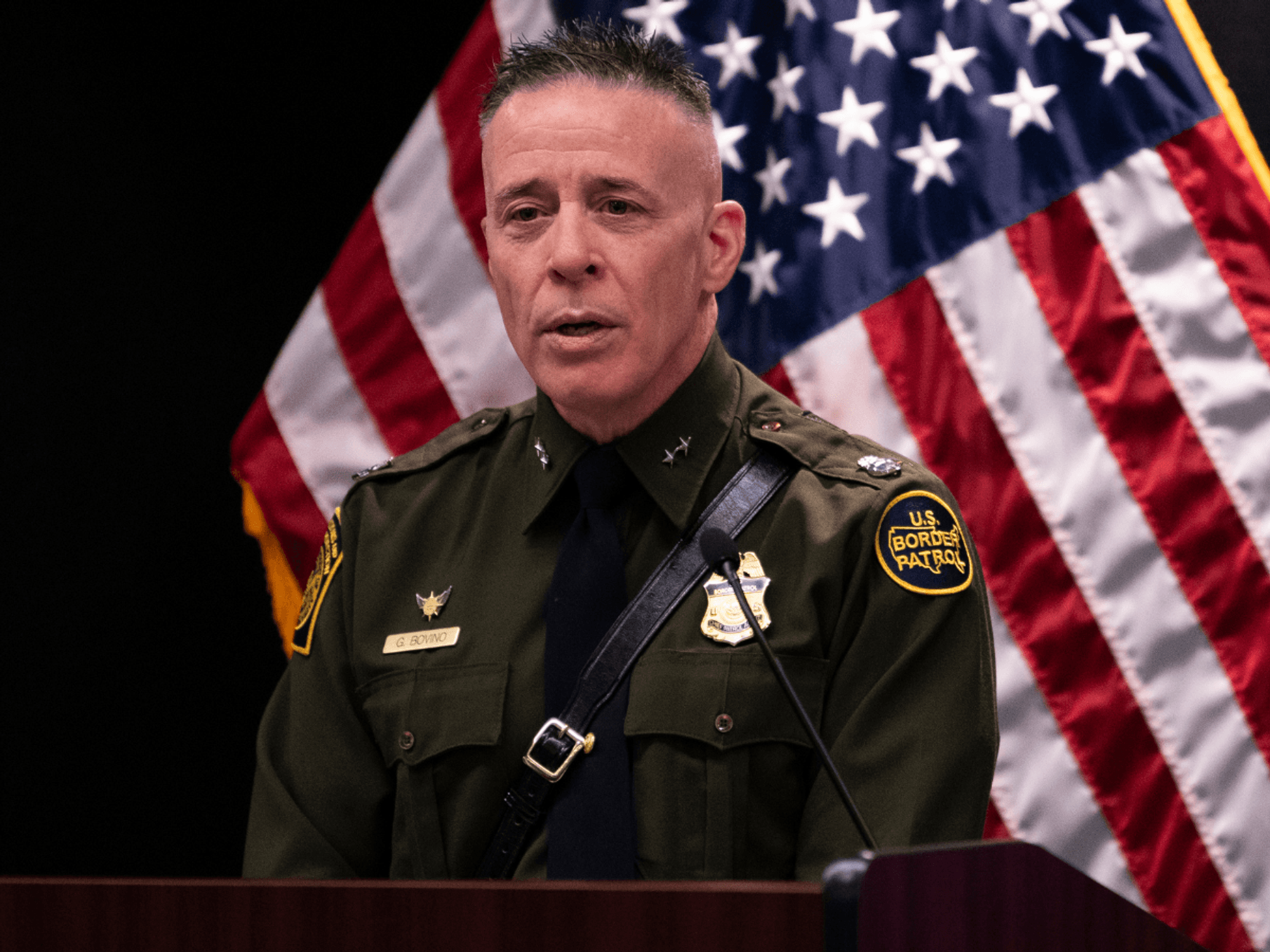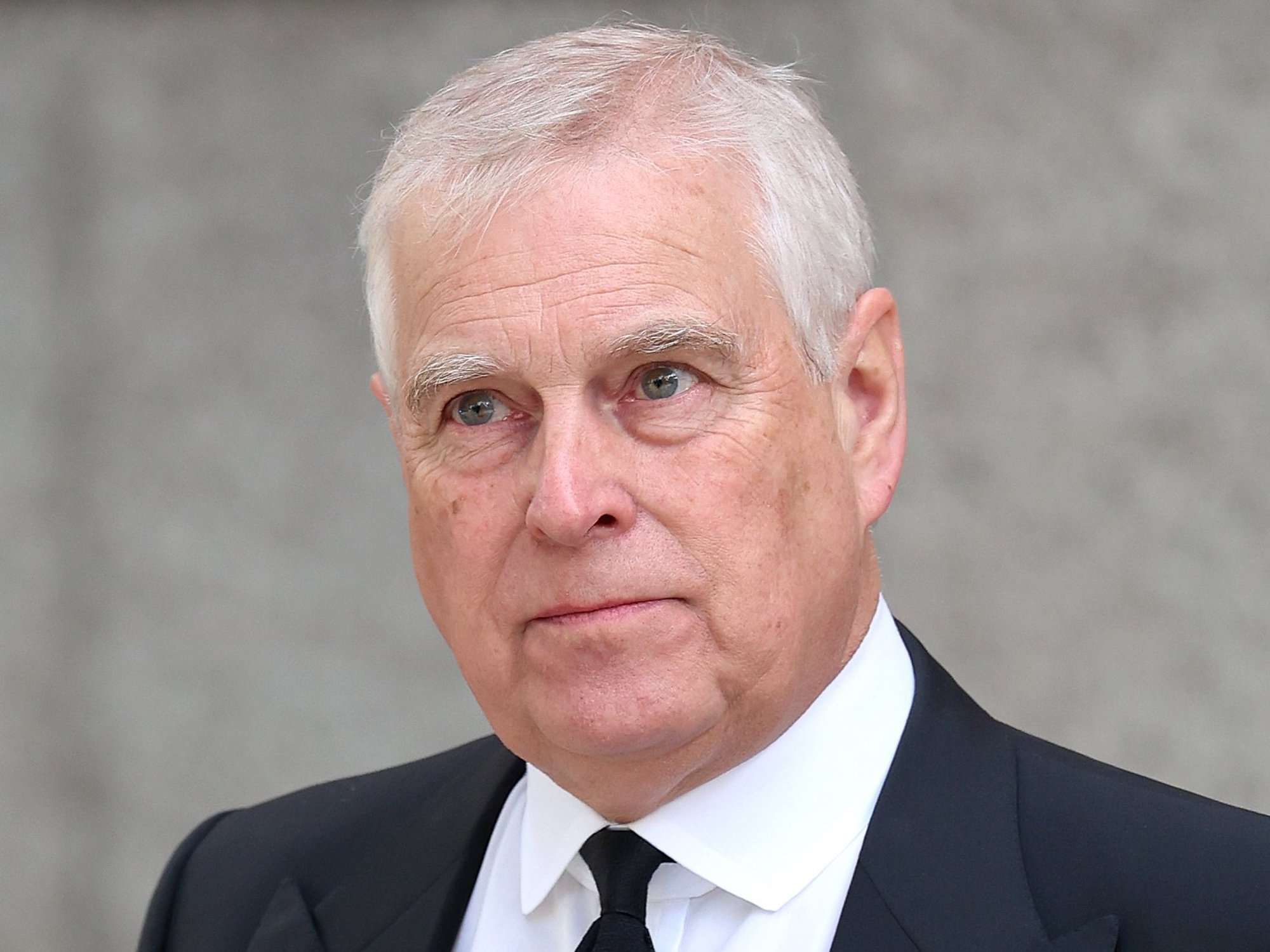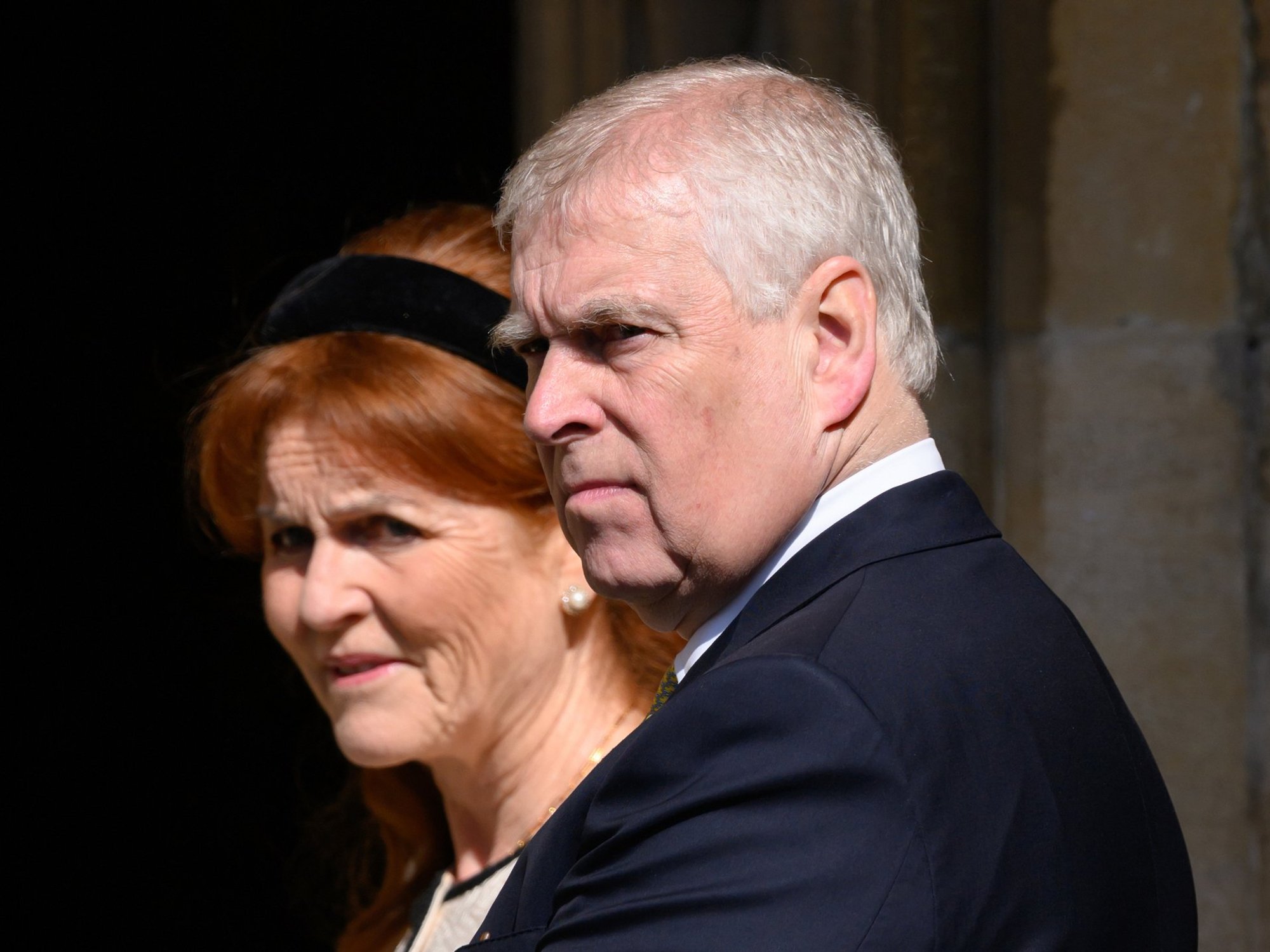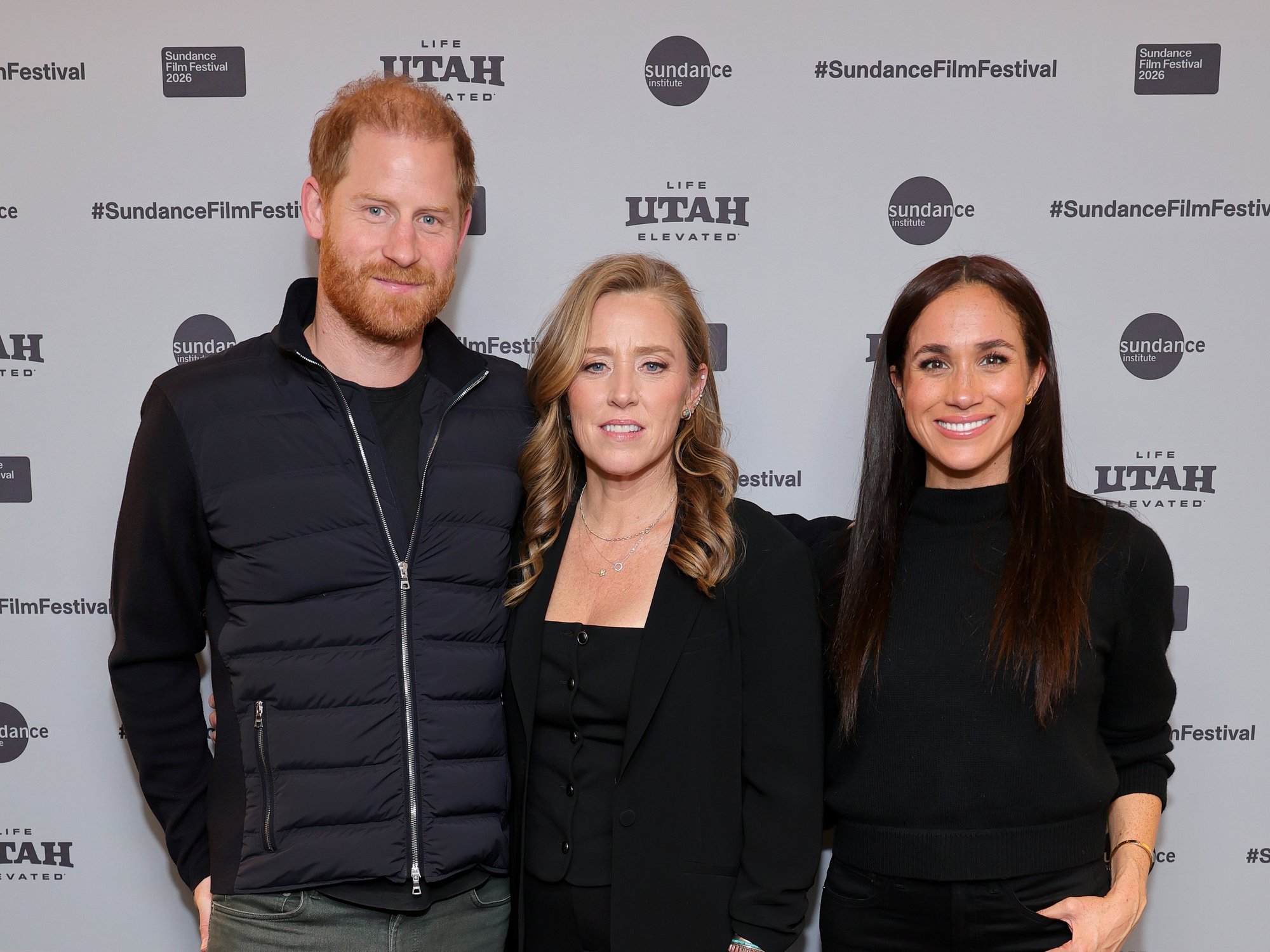'Deeply disturbed' BBC staff 'crying at work' over Israel-Gaza coverage
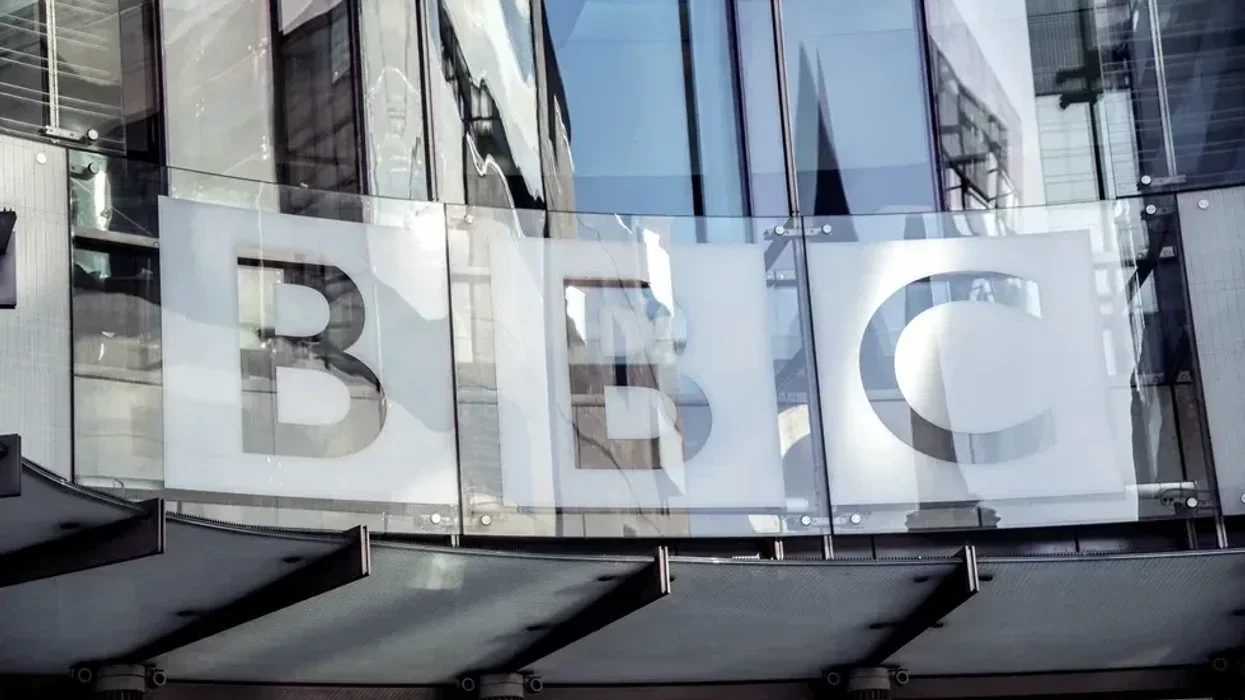
BBC staff are "crying at work" over the broadcaster's coverage of the Israel-Hamas war, sources have claimed
|PA

The BBC has come under fire for its coverage of the conflict
Don't Miss
Most Read
BBC staff are "crying at work" over the broadcaster's coverage of the Israel-Hamas war, sources have claimed.
An email was reportedly sent to Director General Tim Davie, expressing concerns that the Beeb was "treating Israeli lives as more worthy than Palestinian lives".
The broadcaster held meetings with staff members across Jewish, and Palestinian and Arab communities to understand their concerns.
But a source told the Times it risked "tying itself in knots" over the issue.
WATCH: Jonathan Gullis rages at the BBC
They said: "What Hamas did was atrocious and nobody is excusing its actions but the mood from a lot of people in the building is that we aren’t getting the coverage right.
“Staff have been crying in the toilets and freelancers have been sacrificing earnings by not showing up to work because of the distress caused.
"Many people are feeling deeply disturbed."
Meanwhile, a spokesperson for the media monitoring service Camera Arabic warned that BBC Arabic was failing to meet its journalistic standards.
Speaking to the Times, the group pointed to the fact that six members of staff had been taken off air last week for posting messages on social media in support of Hamas.
The spokesperson said: "These propagandistic and highly incendiary allegations must be seen from within the context of the ongoing failure demonstrated by the BBC’s Middle East-based employees, to meet the journalistic standards of their own workplace."
Rami Ruhayem, a BBC correspondent based in Beirut, said he has the "gravest possible concerns" about the broadcaster's output.
In the email to Davie, the correspondent claimed: "Words like ‘massacre’, ‘slaughter’ and ‘atrocities’ are being used prominently in reference to actions by Hamas, but hardly, if at all, in reference to actions by Israel.
"Does this not raise the question of the possible complicity of the BBC in incitement, dehumanisation and war propaganda?"
He demanded "accurate, balanced, fair and truthful representation" of the events leading up to the conflict.
But writing in the New Statesman, BBC presenter John Simpson defended the broadcaster, saying it has received an almost equal number of complaints about it being biased towards and against Israel.
He said: “People rail at the BBC because they hope they can force it to come down on their side; and when that doesn’t happen — and it’s not going to — they get angrier still."
The BBC has also come under fire for their refusal to label Hamas a terror organisation, but they recently changed their stance on the issue, choosing to refer to it as a "terrorist organisation as proscribed by the UK Government".
Defending the BBC's decision not to directly describe Hamas as a terror group, a spokesperson for the broadcaster said: "The BBC's position is that when we use the word, we ascribe it to whoever's characterised them in that way.
LATEST DEVELOPMENTS:
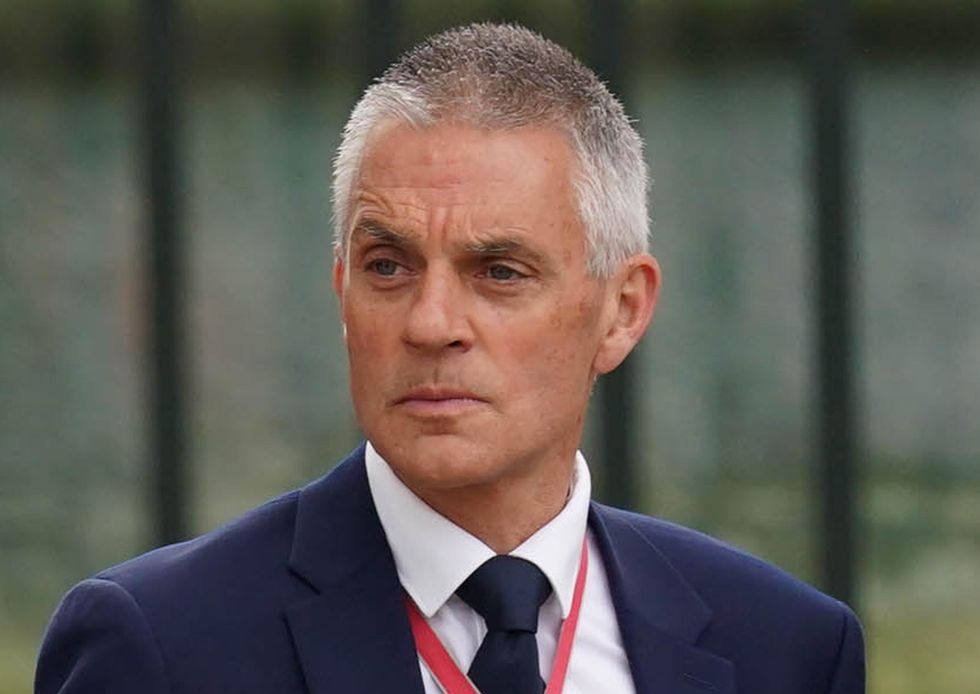
BBC Director General Tim Davie met with MPs this week
|PA
"So we make clear that the government has said that about Hamas. That's what we do.
"The reason why the BBC doesn't make the judgment is that it's not for us as a news organisation to ascribe any organisation as anything."
The BBC has been contacted for comment.






